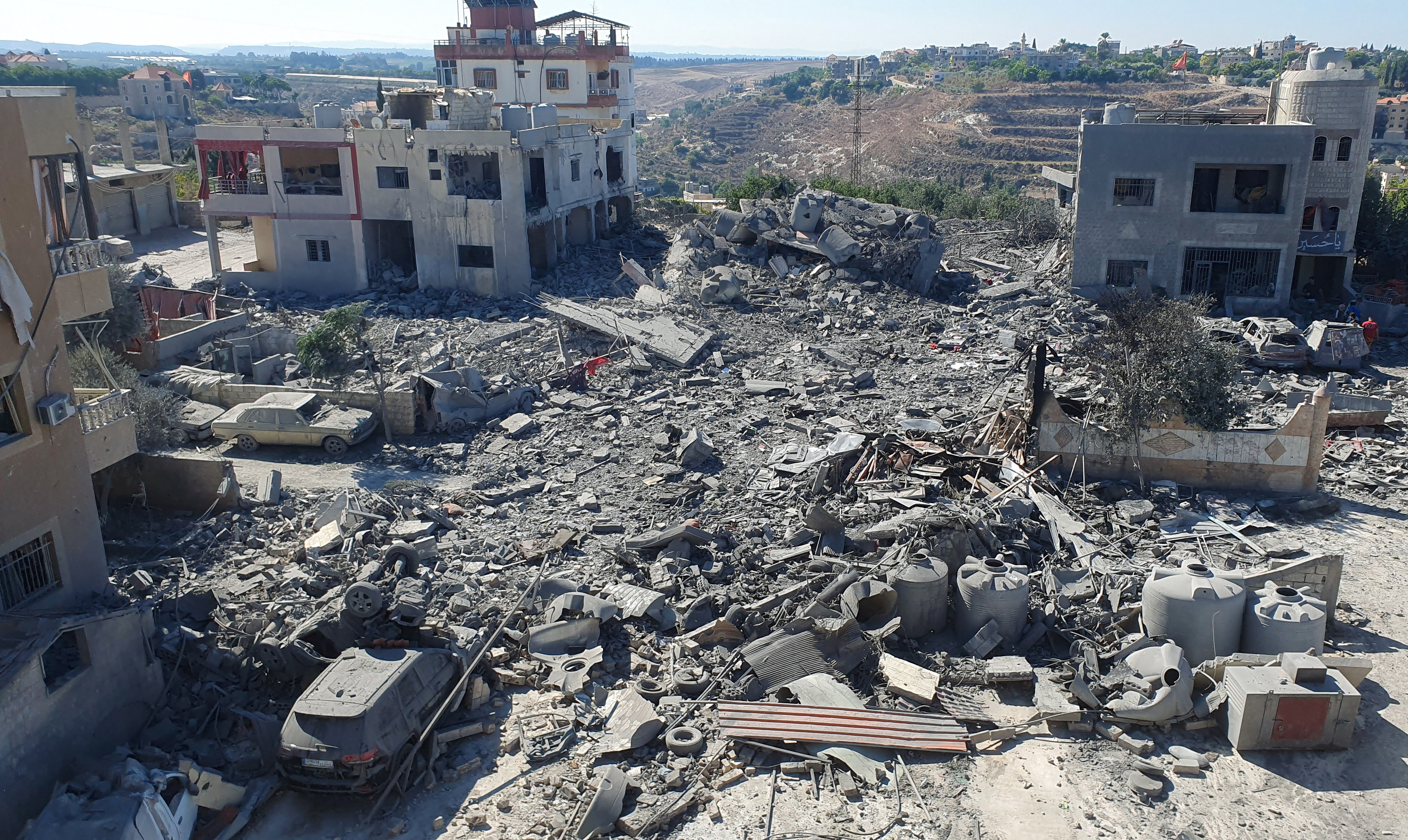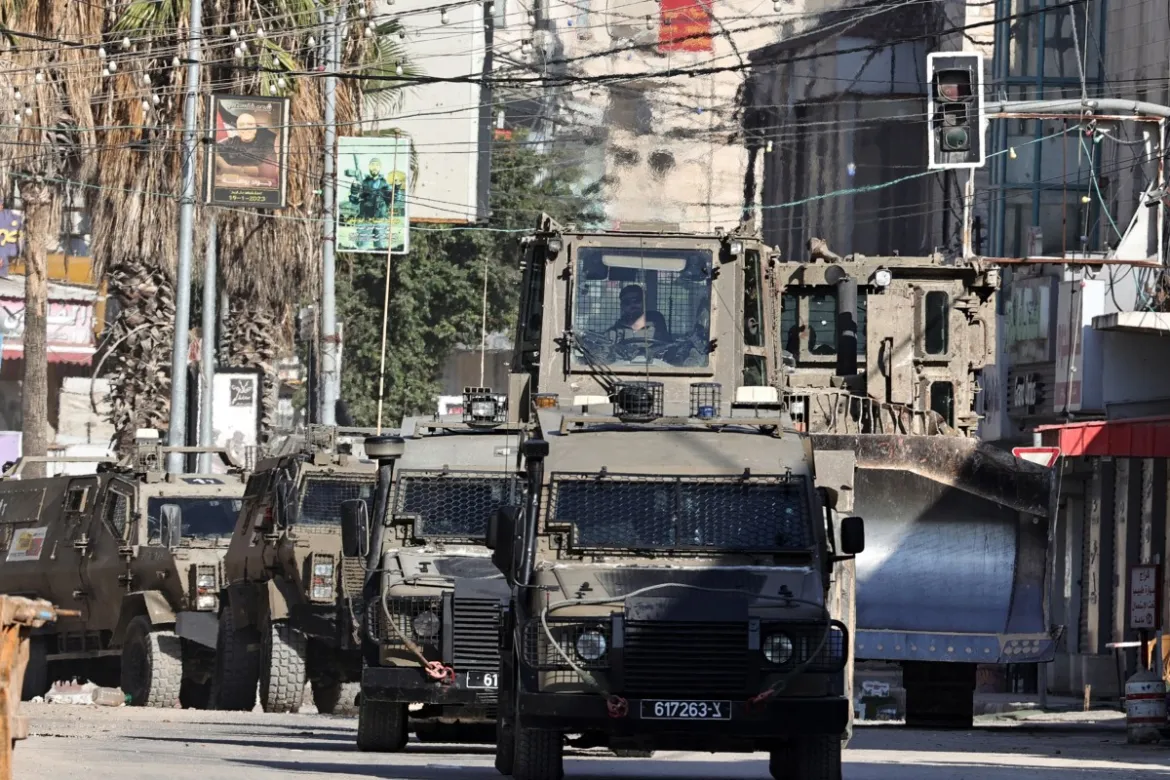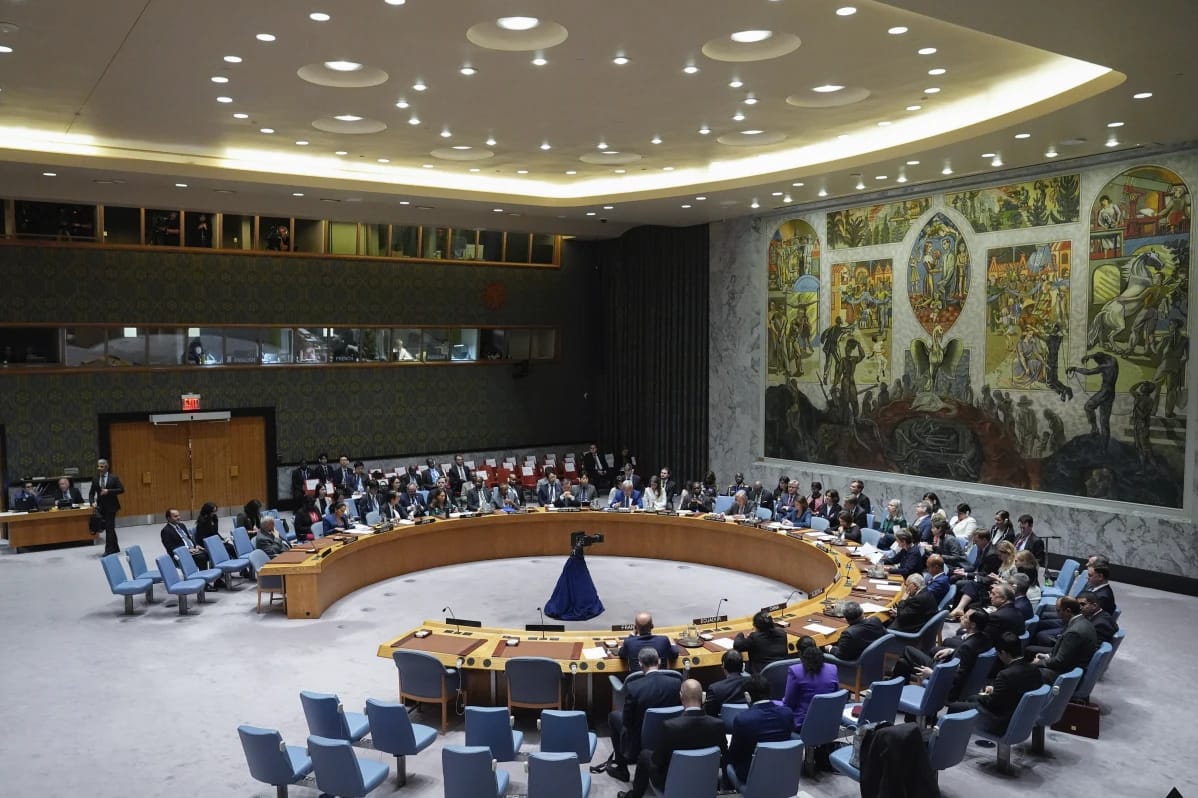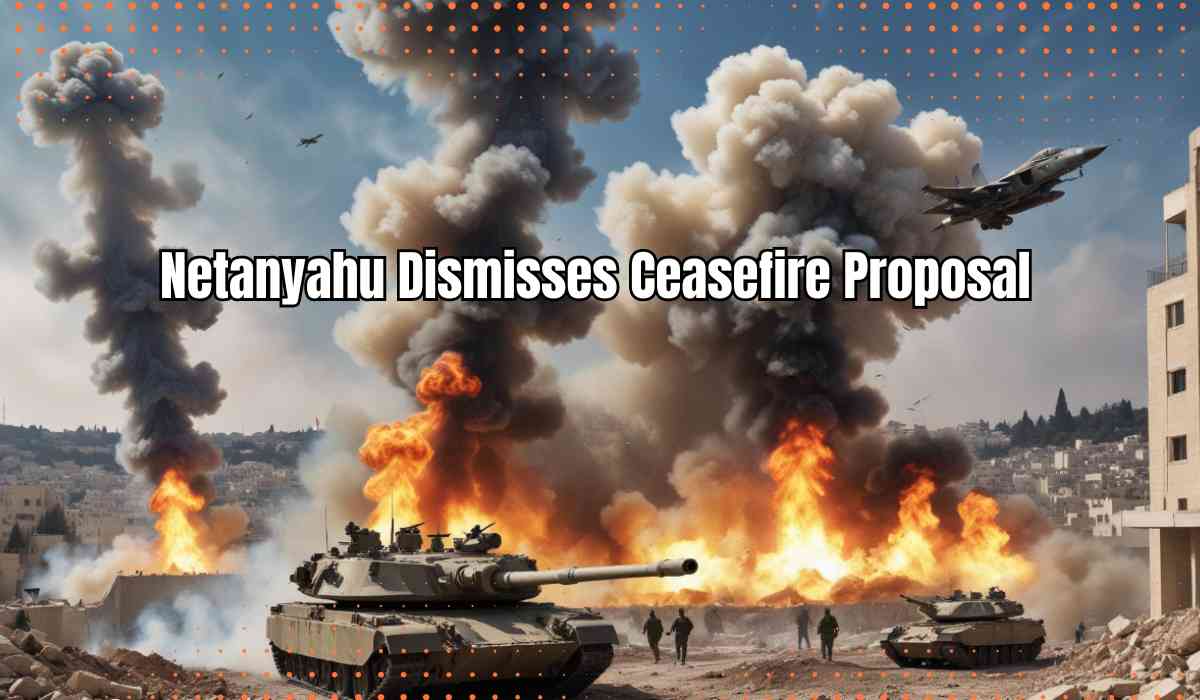_1727350087.jpg)
Israel Continues Airstrikes Despite International Call to Cease
Israeli Prime Minister Benjamin Netanyahu has opted to reject an initiative for a joint ceasefire served his way forward on violence against Hezbollah militants by his US, French, and other counterparts abroad. This came as a result of a widespread air attack conducted by Israel against the strongholds of the Lebanese Hezbollah group in Lebanon that resulted in the death of hundreds and saw tens of thousands fleeing to safety.
International Call for Peace
The call for peace was made by an alliance of supporters; this was an alliance of the European Union and some Arab countries in Qatar, Saudi Arabia, and the United Arab Emirates. The reason for the ceasefire was the opening of a window, which was to facilitate diplomatic efforts to end the war raging on at the time.
Saying that the situation was "intolerable," U.S. President Joe Biden, French President Emmanuel Macron, and others wrote that incessant fighting benefited no one-in particular no Israelis or Lebanese. The joint statement was issued on the sidelines of the United Nations General Assembly in New York. It underlined the urgency of an immediate truce to prevent further civilian casualties.

Image Source - ALJAZEERA
Netanyahu Stands Firm
Netanyahu's office dismissed the growing international pressure and claimed that the prime minister had not formally responded to the proposal of the ceasefire while ordering Israeli Defense Forces (IDF) to keep carrying out military attacks against Hezbollah "with full force." Several Israeli ministers shared Netanyahu's opinion in being against halting the military campaign now.
The Israeli Defense Forces (IDF) is preparing for a ground invasion
Meanwhile, the activity of the Israeli military has gained pace. The army chief of Israel, Lieutenant General Herzi Halevi, directed soldiers to be ready to invade southern Lebanon from the ground, through which Hezbollah fighters continued their operations and maintained their bases. The instructions were issued after a week of sharp aerial bombardments against Hezbollah positions with high casualties. In retaliation, Hezbollah attacked northern Israeli cities with several rocket barrages, with one hit at Tel Aviv with a ballistic missile.

Image Source - ALJAZEERA
Clash Spills Over Frontier
The fighting has widened beyond the battlefields of the Levant and stretched beyond the Lebanon-Israel war fronts as Israel's army has also attacked frontier crossing points from Syria into Lebanon. The attacks by the others had further worsened the situation which existed as there were reports that a drone from Iraq exploded in southern Israel and a salvo of rockets that targeted Acre and Haifa Bay in north Israel.
Key Highlights
- Israeli airstrikes have killed at least 72 people in Lebanon.
- Hezbollah has launched rocket attacks targeting northern Israel, with some missiles intercepted over Haifa and Acre.
- The UK unveiled a £5 million support package for Lebanon, focusing on medical aid and hygiene kits.
- International leaders, including the US and France, continue to push for a ceasefire, but Israeli PM Netanyahu has rejected calls for a 21-day truce.

Image Source - AP
Russian President Vladimir Putin had reportedly been prepared to provide Yemen's Houthi militias with advanced cruise missiles for attacking warships, including U.S. ones, as well as civilian shipping in the Red Sea. That move would have meant a significant threat for both ships, belonging to the U.S. Navy and civilian vessels in the Red Sea. This was reportedly what eventually made Putin stop this plan - Saudi Arabia's Crown Prince, Mohammed bin Salman. According to recent reports, Putin is considering the provisions of these missiles again. This could escalate tensions and imperil freedom of access by sea, especially if the United States increases its support to Ukraine against Moscow.
What's next?
Netanyahu dismissed global calls for a ceasefire and the cycle of war between Israel and Hezbollah just gets worse and worse. The humanitarian crisis is set to worsen further in the background as Israel's IDF continues to gear up for an attack in Lebanon and diplomats are under pressure.
With inputs from agencies
© Copyright 2024. All Rights Reserved Powered by Vygr Media.
























